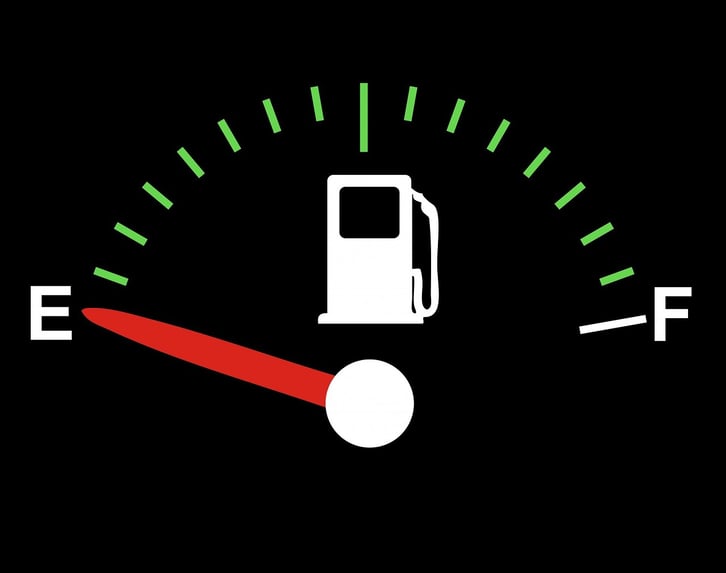
The PSA Group—the French multinational manufacturer of vehicle brands such as Peugeot and Citroen—has recently revealed what they claim to be real-world fuel economy data on a number of their vehicles.
After a commitment was set up in 2015, in which PSA promised to publish fuel consumption data and provide increasing transparency for their customers, they have now made public the data on some of their vehicles, allegedly obtained on public roads open to traffic (25 km urban, 39 km rural and 31 km motorway) and under real-life driving conditions, with passenger and luggage loads, road gradients, and the use of air-conditioning systems.
The results from the PSA test show up quite differently to the MPG data obtained on the same vehicles under the NEDC (New European Driving Cycle) test—the current standard used for assessing the emission and fuel economy levels in fuel economy and passengers cars (not for commercial vehicles). The NEDC has in fact come under some criticisms in light of the emissions scandals, i.e. delivering fuel consumption data that was unachievable. The tests carried out by PSA reveal discrepancies between the data or even poorer fuel economy than the one obtained through the NEDC.
In a sample from 14 Peugeots tested, the 3008 with a 1.2 litre PureTech 130 S&S petrol engine, averaged 7.6 l/100 km (37.2 mpg) in comparison with the 4.9 l/100km (57.6 mpg) figure from the NEDC test. In another case from a selection of 11 Citroens, one sample, the C4 Picasso BlueHDi 120 S&S diesel with EAT6 transmission, was tested and proved 2.6l/100km less than the official result for fuel consumption published by the NEDC: the NEDC produced a figure of 3.9 l/100 km (43.4 mpg) compared to the PSA’s “real world” result of 6.5 l/100 km (72.4 mpg).
Even the 208 1.6l BlueHDi 120 S&S with manual gearbox (the most economic model tested) only emphasised the disparity between the two tests: the “real life” figure of 4.7 l/100 km (60.1 mpg) was far less than the NEDC fuel consumption figure of 3.0 l/100km (94.2 mpg)
The manufacturer has also promised to feature in each of their respective websites (for Peugeot, Citroen and DS automobile) a simulator authentic enough to allow owners and potential customers to reasonably predict each model's fuel consumption. They have also included an app dedicated to the same idea.
We do not know, and probably cannot know, which test method is the best and the most accurate, but we are aware that you can count on your driving style and on SynX if you want to cut your fuel bills, reduce emissions and decrease your overall fleet costs.
Want to know how? Contact one of our experts today for a demo!
